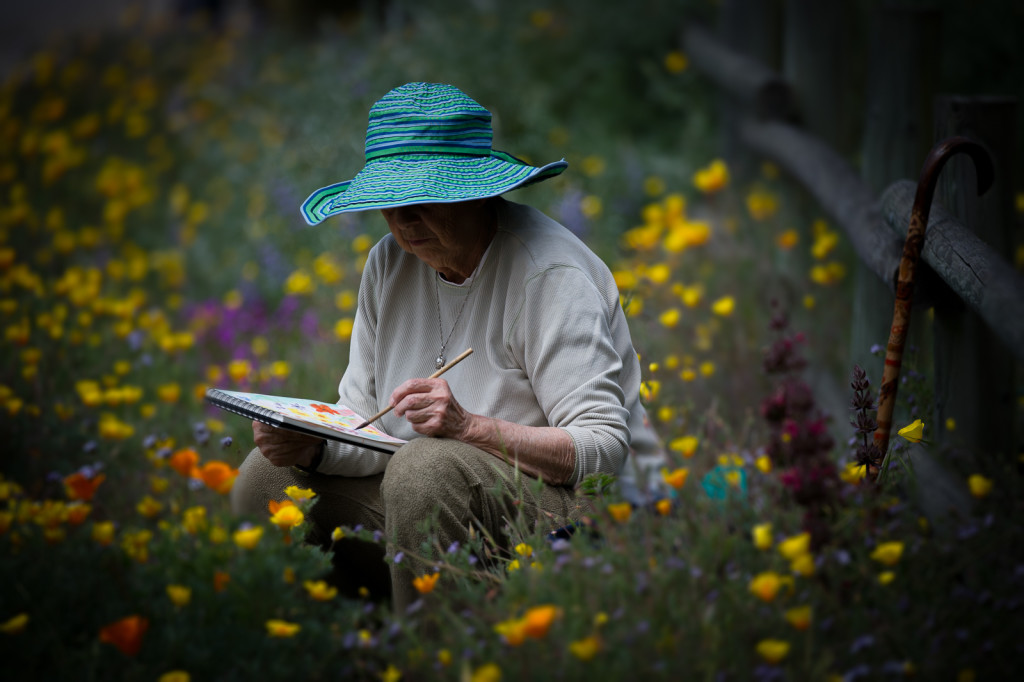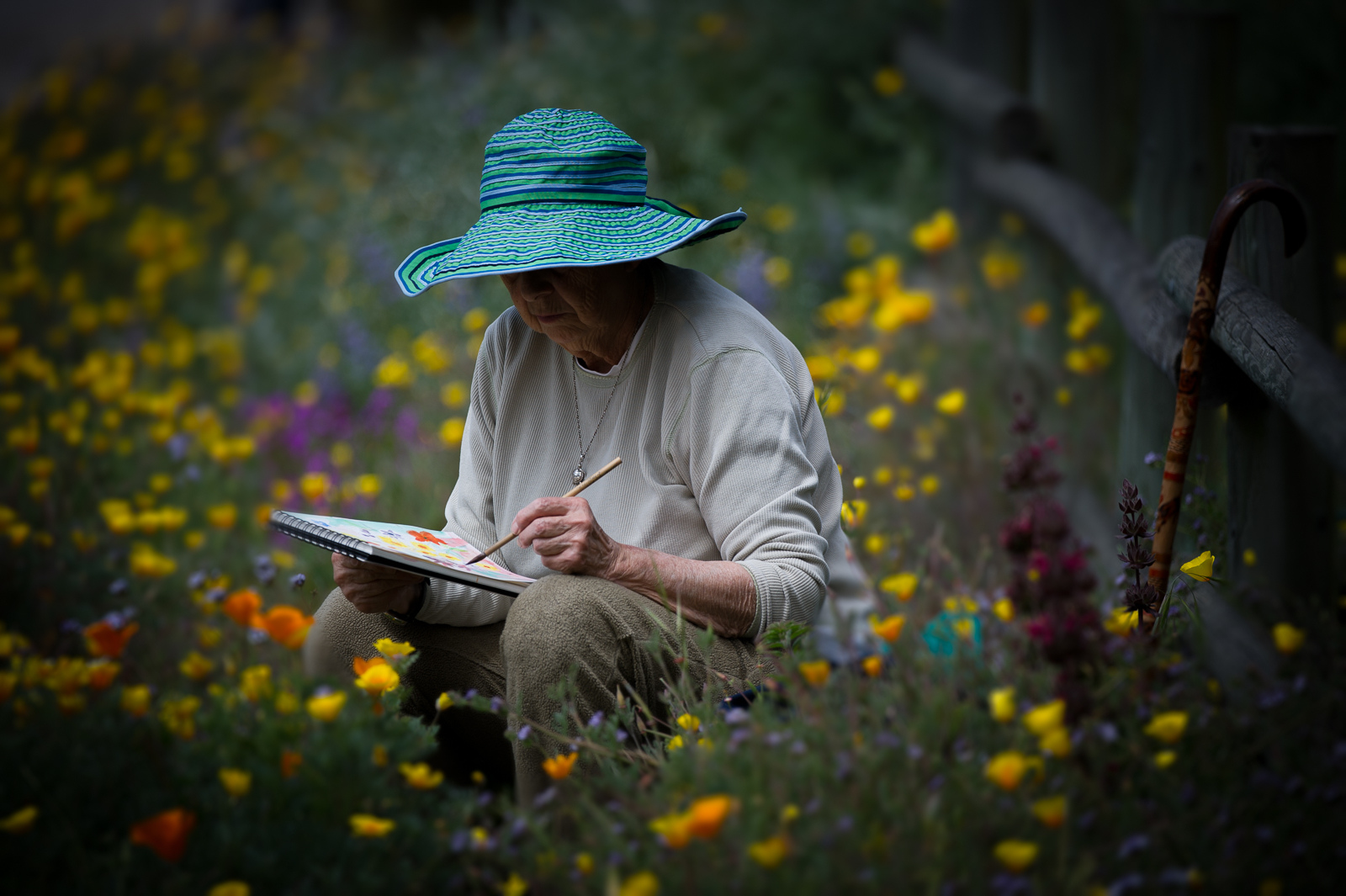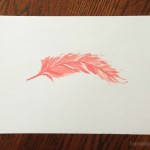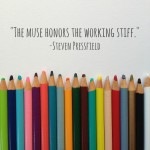
By age 10, I had missed my opportunity to be a champion gymnast. And a figure skater. And an adequate basketball player who could dribble and run at the same time. This didn’t stop me from playing sports. In high school, I played tennis, ran track, was even on a basketball team for a while—where I’m pretty sure I scored one basket in three years. (I was that good.) I played because it was fun and frankly, I liked the uniforms. But even then, I knew the truth about sports: if I wanted to truly succeed, I needed to start young…and I hadn’t. For many sports, if you aren’t phenomenal by first grade, you’ll never earn a scholarship or be a professional athlete. You likely won’t even make varsity.
This emphasis on starting young is important because most sports aren’t lifelong, at least not at a competitive level. Studies show that athletes peak at an average age of 26. (Unless you’re a marathoner. There are 75-year-old runners who are messing up this metaphor. Carry on.) Sometimes I get wistful about my dismal athletic career. Maybe I should’ve practiced more. Maybe I should’ve settled on a single sport early in life. Generally I think this only during the Olympics or when I’m watching Wimbledon. I wouldn’t say it’s a genuine regret. Nonetheless, I can’t go back. In basketball or tennis years, I’m a senior citizen. Furthermore, it’s not likely I’ll head to a field, court, or gym today and a hidden athletic talent will reveal itself. Sports don’t work that way. But something else does: Creativity.
Creativity doesn’t peak. At least, it doesn’t have to. Our capacity to create—write, paint, invent, play music, cook, build, design—doesn’t diminish with age. According to an article I read in the Washington Post, it’s more forgiving than athletic ability. In the article, author Mark Walton (who’s written a book on the topic of creativity and aging) says, “What’s really interesting from the neuroscience point of view is that we are hard-wired for creativity for as long as we stay at it, as long as nothing bad happens to our brain.”
I was raised to see creative expression as a lifelong pursuit. The adults in my life modeled it for me. When I was a kid, my dad took up drawing as a hobby. We would sit side by side at the kitchen table, each of us with our drawing pencils and paper. My mom signed up for piano lessons as an adult, learning scales and chords at the same time I did. One of my grandmothers tried her hand at oil painting in her 60s. The other spent her retirement years sewing, designing wedding cakes, and gardening. My grandpa spend countless hours in his workshop, sanding, sawing, building. Arts and crafts weren’t child’s play, they were the necessary components of a full life. I saw that it’s never too late to try a new form of creative expression. (In fact, continually exploring new ideas and skills is the way we keep our creative muscle strong.) During that process, it’s entirely possible to unearth an artistic knack after years of it being buried within.
My husband’s grandmother is in her 80s. Her mind is sharp but her physical health keeps her at home in a little house in a tiny town. At her age, it’s natural to become focused on limitations and to mourn lost abilities. But on our last visit, she told us she had started writing poetry. One night she lay awake in bed. Another night of insomnia. As she tells it, she prayed that God would give her something to set her mind to. She got up, pulled out a notepad and pen, and wrote a poem. She read it to us during our visit and it was beautiful. Writing poetry has since become a regular habit for her. It’s a new gift, a new way to share her voice and interpret her experience.
I once heard a quote that said: “It’s never too late to be what you might have been.” In many cases, I think this statement is false. It’s definitely too late for me to be a gymnast or an astronaut. We miss irrevocable opportunities all the time. But maybe there’s some truth in this idea as it applies to being creative. If you’re alive you can dream, invent, build, and contribute. Somehow. You can pick up your first paintbrush in your 60s. You can start writing poetry at 85. Or you can start at age five and enjoy it for a lifetime.




